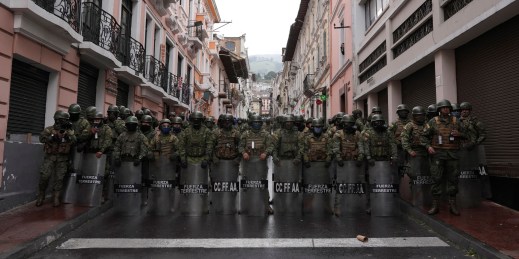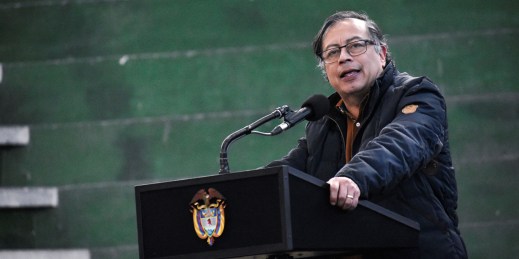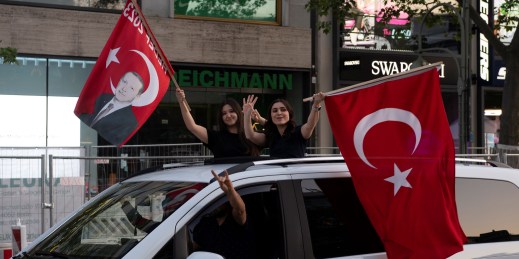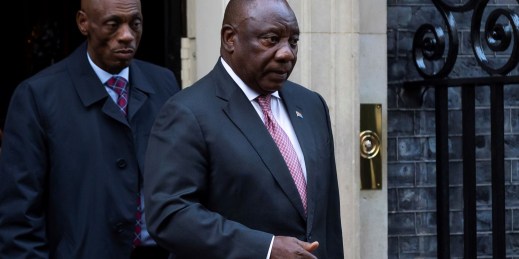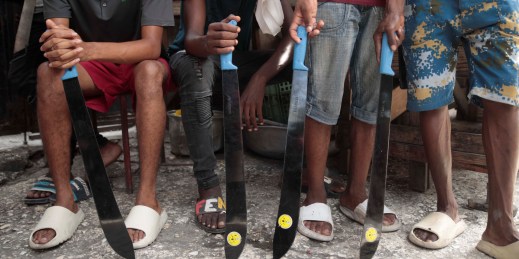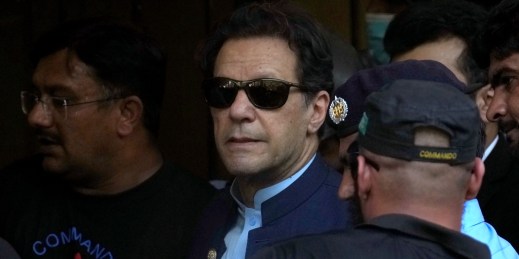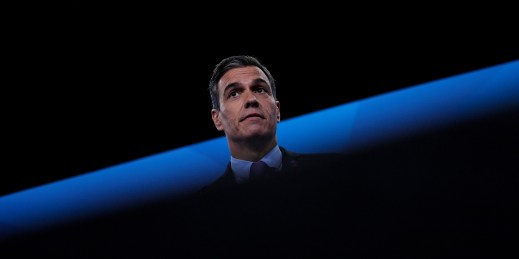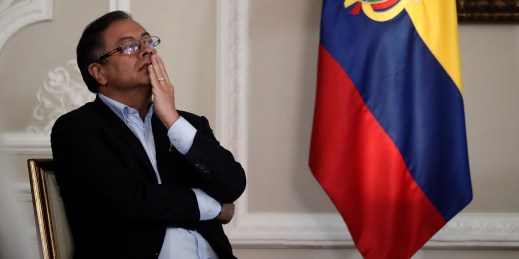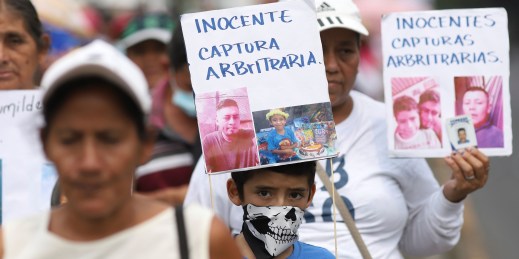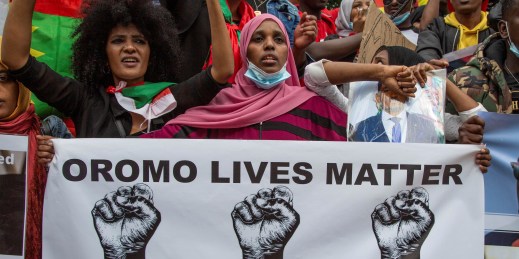
Peace talks between the Ethiopian government and rebels from the country’s Oromia region ended in April without an agreement to halt their hostilities. Since the end of the Tigray war in November 2022, the fighting in Oromia has escalated. The stakes are high, raising questions about Ethiopia’s territorial integrity and stability.

